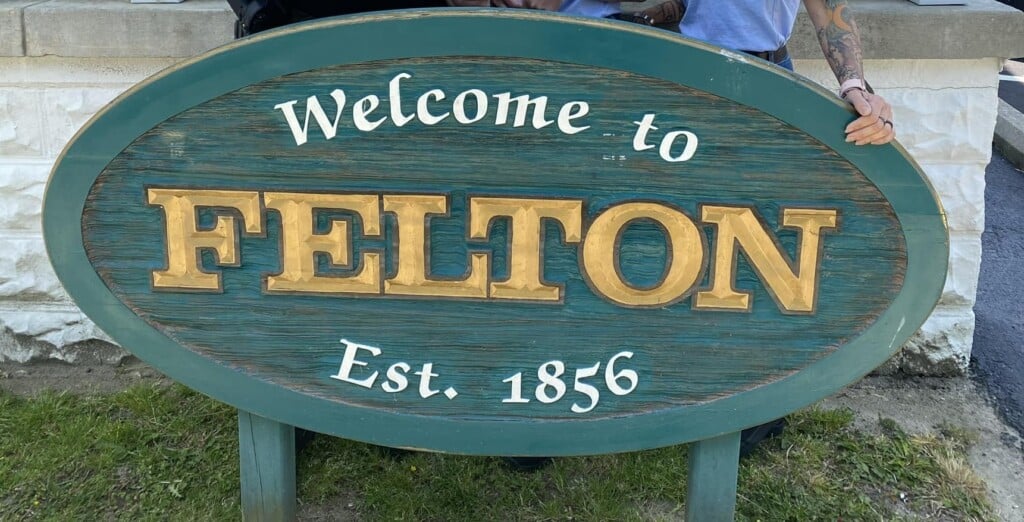Tenant protections, WorWic funding, and toll increases move forward in Crossover Day Leg. session
MARYLAND – Monday marked crossover day in the 2024 legislative session, marking the final day for legislation to make its way out of the one chamber and into the other in the MD House and Senate to move forward to pass.
The day saw 15 of 16 bills introduced by Governor Wes Moore clear at least one of the chambers setting up for a likely passage of a great deal of the agenda, including house protections.
House Bills
In the House, multiple bills had their third ready and passed to move onto the Senate, including the Rent Stabilization Act which created limits on security deposits, an office to handle rental claims within the state, as well as increased costs to file evictions for landlords.
The bill would also create a right of first refusal for tenants to prevent properties from being sold out from under existing residents to new tenants at an exuberant cost.
The bill passed despite objections from Eastern Shore lawmakers including Delegate Chris Adams, citing the high costs and increased risk for mom-and-pop landlords.
“As passed by the House today, HB693 is not a constructive effort towards improving housing availability and cost of rents. It is my hope the Senate addresses concerns with tremendous fee increases and the unworkable right of first refusal provisions under this legislation,” Adams said.
Delegate Sheree Sample Hughes tells 47ABC she is worried the bill could make it only feasible for large-scale development corporations to operate in the state, citing her constituents who say smaller-scale landlords are more receptive to concerns and challenges. She believes language that could increase the conditions where landlords could be held criminally liable, could scare away those smaller-scale operators.
“You also have the first right of refusal that the renter will have to pay for possibly putting your house on the market. There are some good pieces to it, but the bad part, and my concern is if you don’t follow that process,, the landlord would then have to possibly be charged with a misdemeanor,” she said.
She tells us she also supported a bill to raise tolls on bridges across the state, following a move 8 years ago to lower them across the state that left the funding for infrastructure uncertain, saying her vote will help preventative maintenance on bridges across the state.
“When you look at deferred maintenance and you come to the point where it is so derelict that it is a safety issue,” Delegate Sample Hughes said.
Sample Hughes says she has been fighting for rural healthcare this session, and while she no longer sits on the healthcare committee, she was able to help pass a bill to decrease the cost of hearing aids for seniors.
She says she will continue advocating for more funding for rural hospitals in Salisbury, Cambridge, and Easton despite losing her seat in Democratic leadership.
“We don’t often hear about these costs but citizens are looking at 5 thousand dollars, but this bill in particular would help offset the cost and maximize their expenses up to 14 hundred dollars. I think there’s movement in that space that citizens will see the benefit from,” Sample Hughes said.
Senate Bills
On the Senate side, Senator Mary Beth Carozza tells 47ABC she is proud that they were able to restore 10 million dollars in funding for community colleges like WorWic across the state, following a proposed 22 million dollar cut announced by Governor Moore as part of his tentative budget.
Also moving forward a bill to extend some of the deadlines for local school districts on the Maryland Blueprint, without jeopardizing the state match for local funding for measures like workforce training and universal pre-k.
“We are glad to pass what we are calling a blueprint alterations bill, but we will continue to be advocating for flexibility on this issue, this is not us letting the foot off the gas on reforms we agree are necessary but we must be able to afford these in the future,” Carozza said.
However, she says looking past crossover day is significant distance between the House and Senate over the state’s budget, with the Senate holding firm on not raising taxes, and the House introducing a bill to drop the state sales tax down to 5 percent but increase the scope of where that tax would be applied to service sector jobs across the state.
“You can’t just go forward with these tax increases that could put our small business operators, family businesses out of business,” Carozza said, adding “I am comfortable moving forward with this [Senate] budget, but not the house.”
Lawmakers are expected to work late into the night Monday to continue moving bills forward before the session reconvenes Tuesday.


